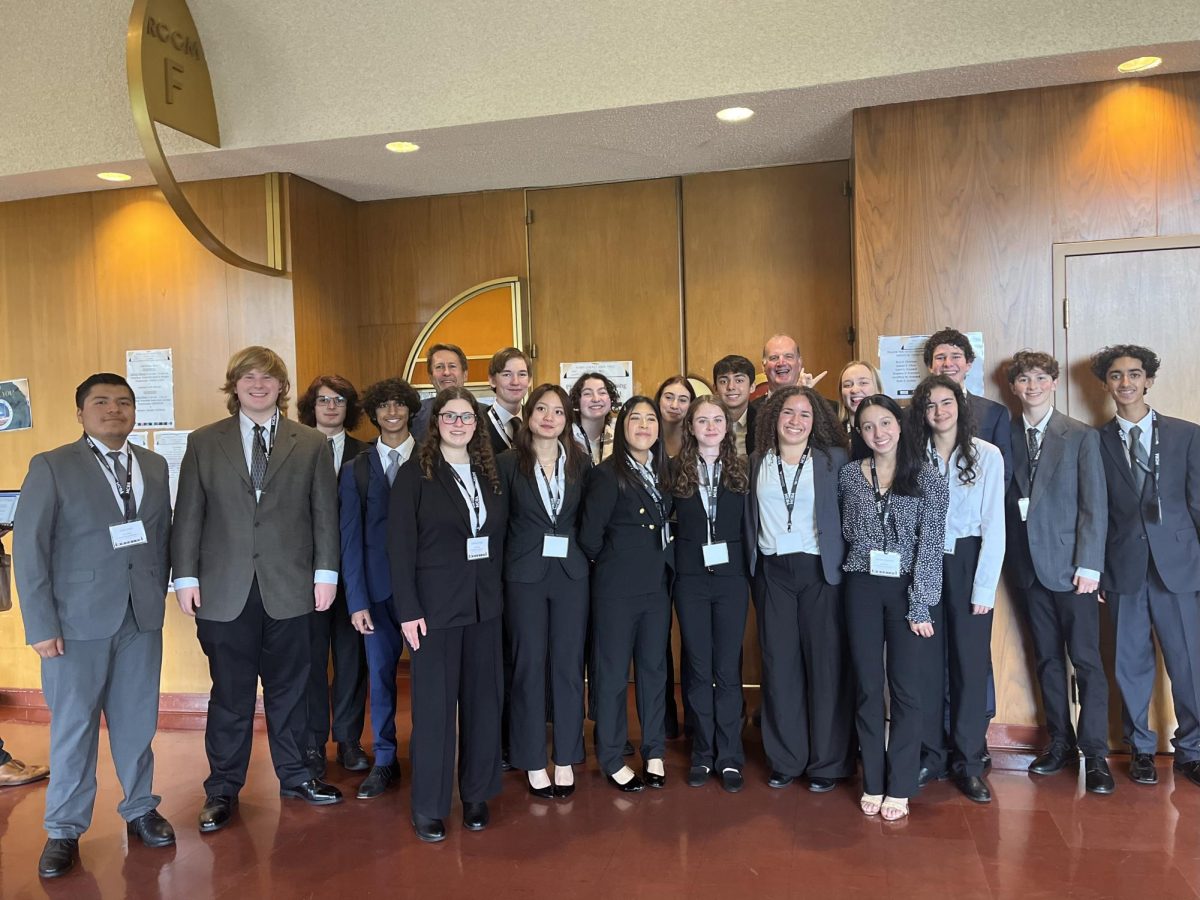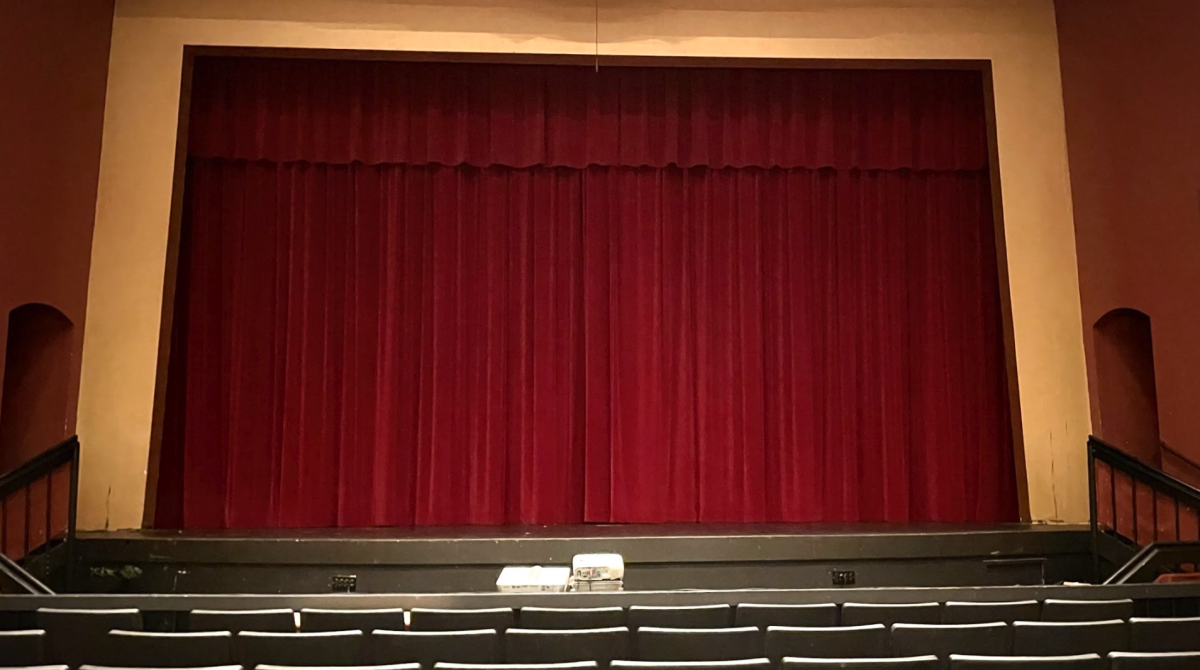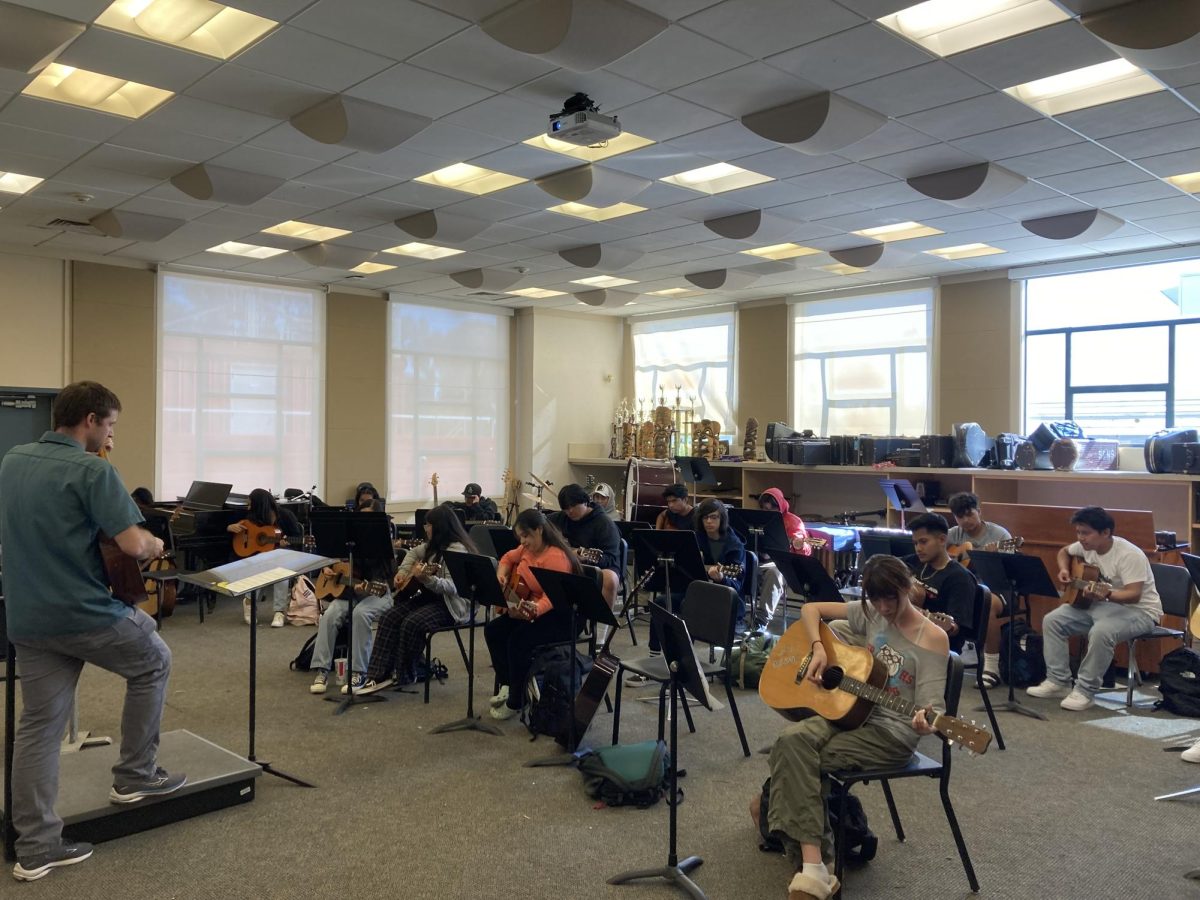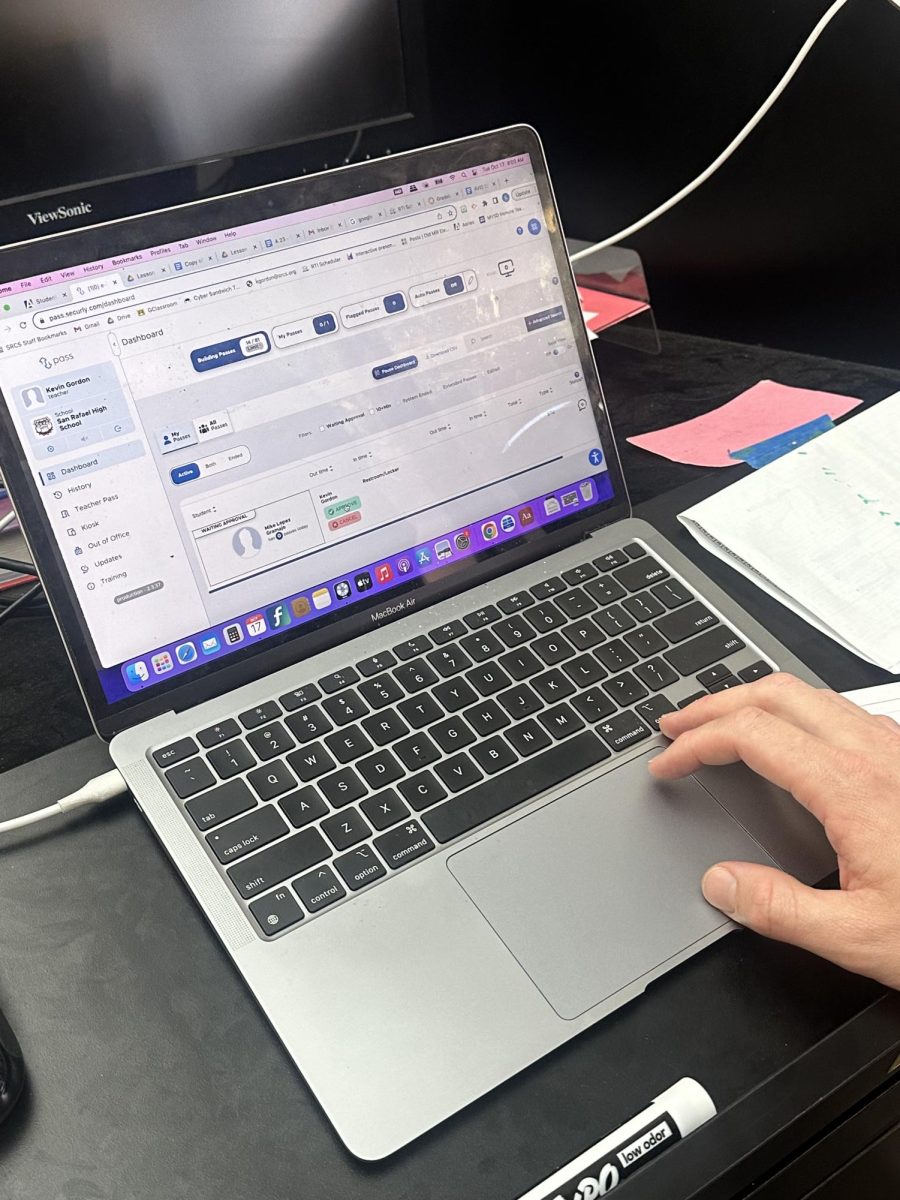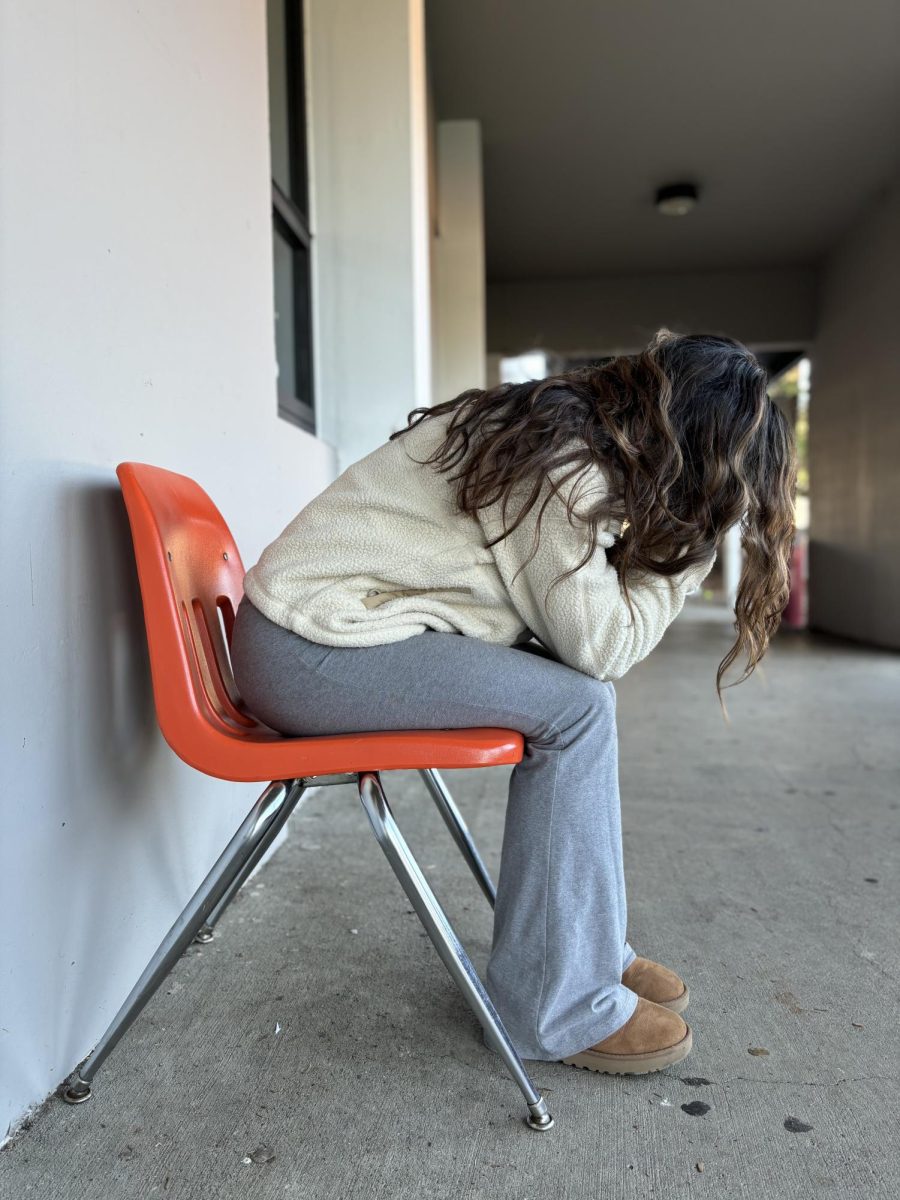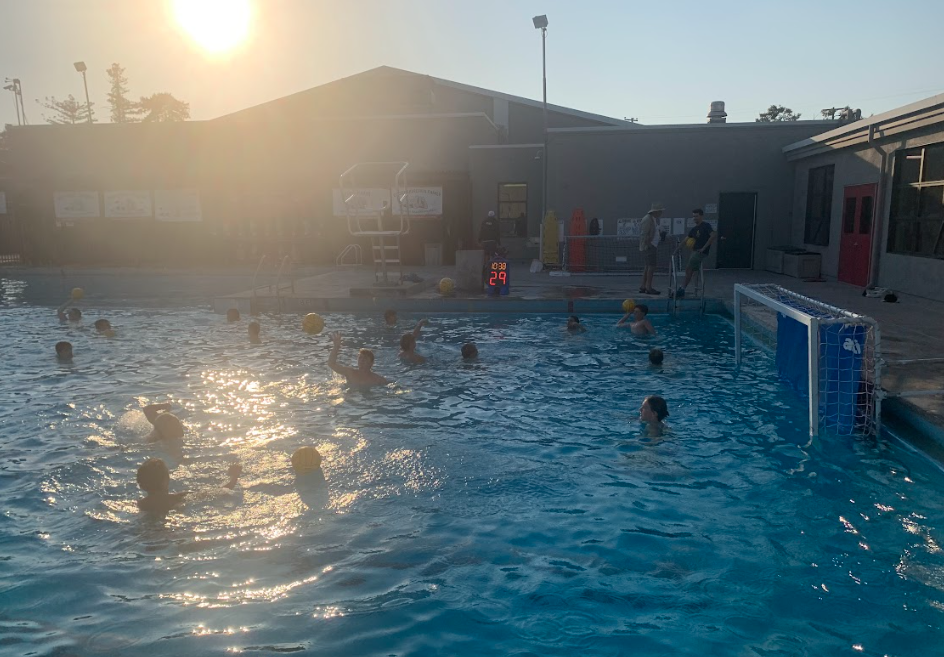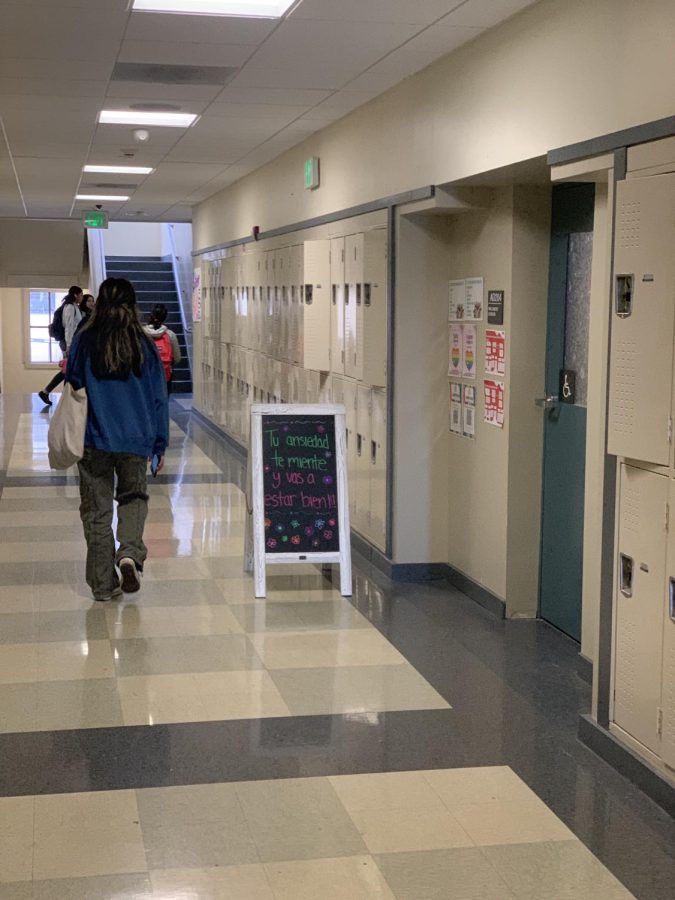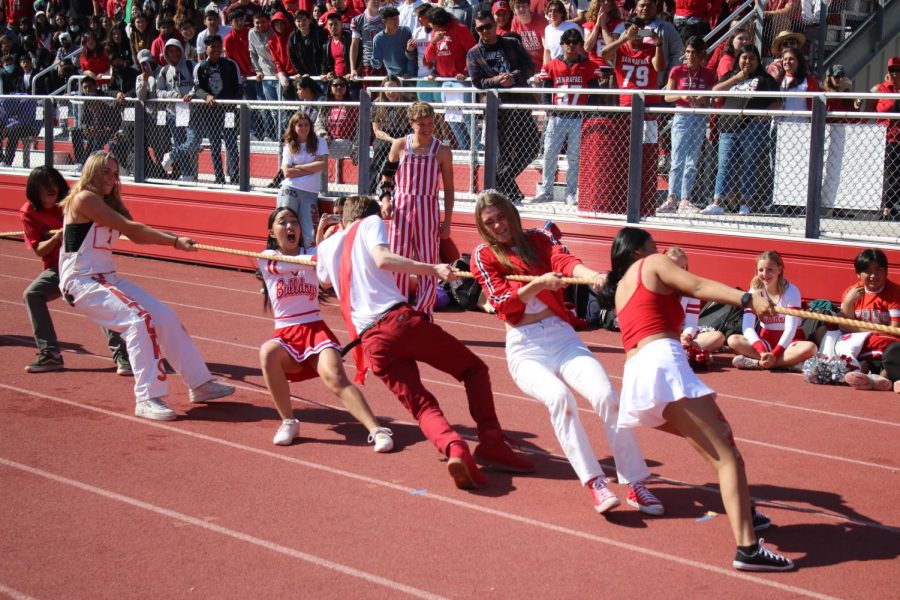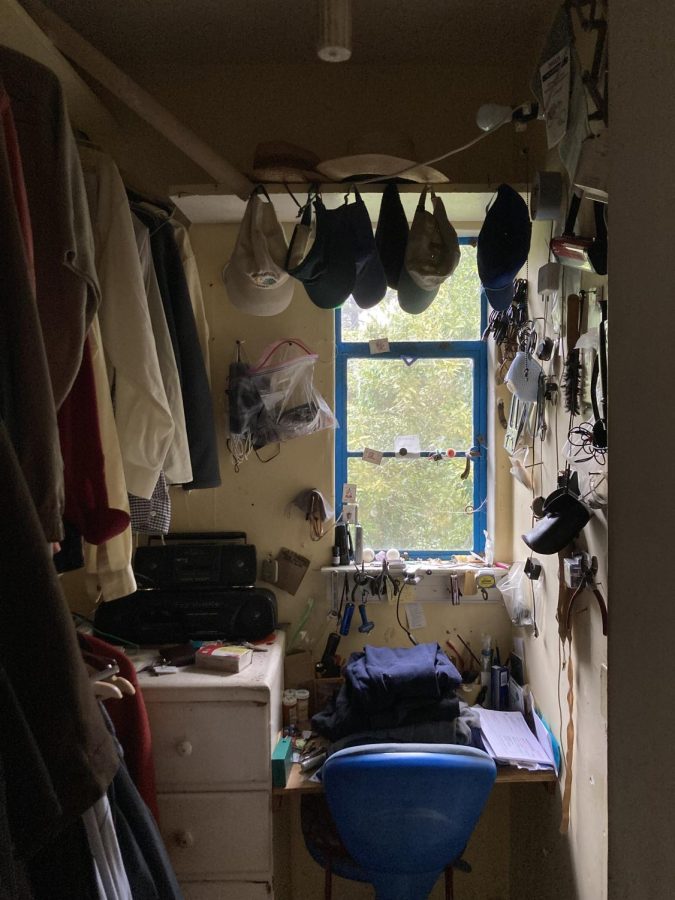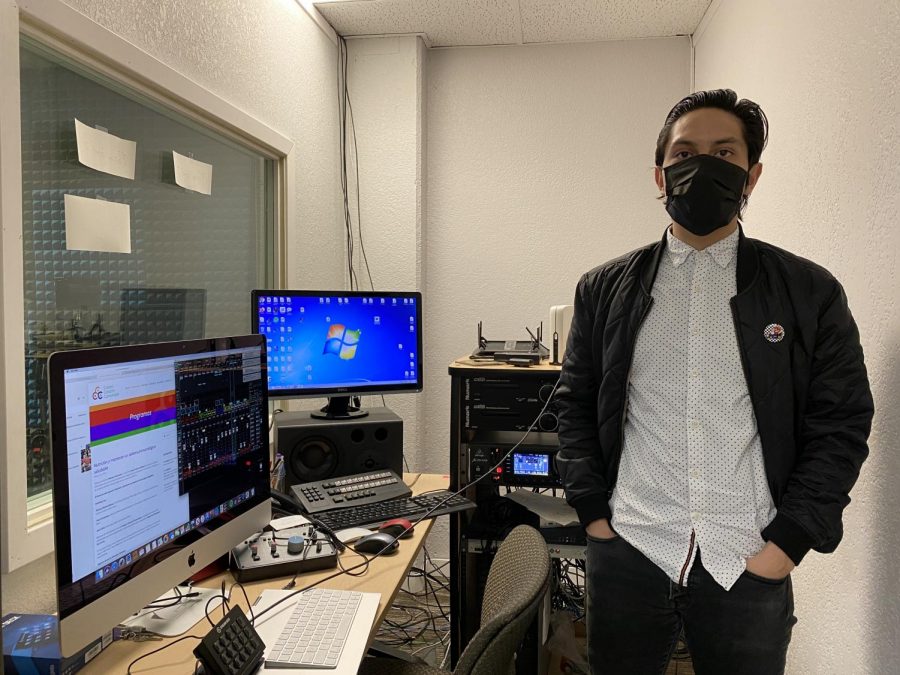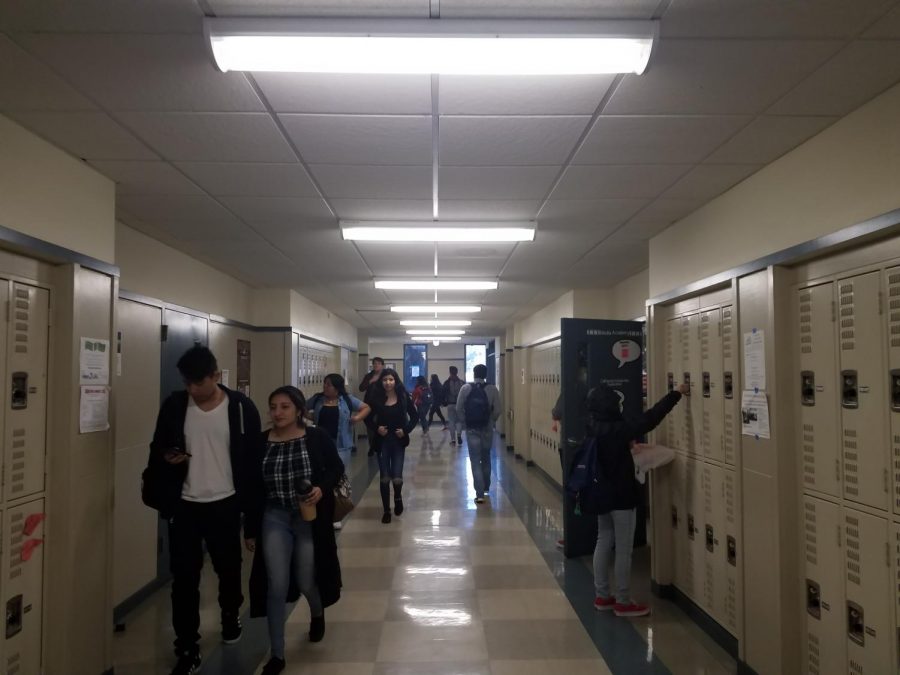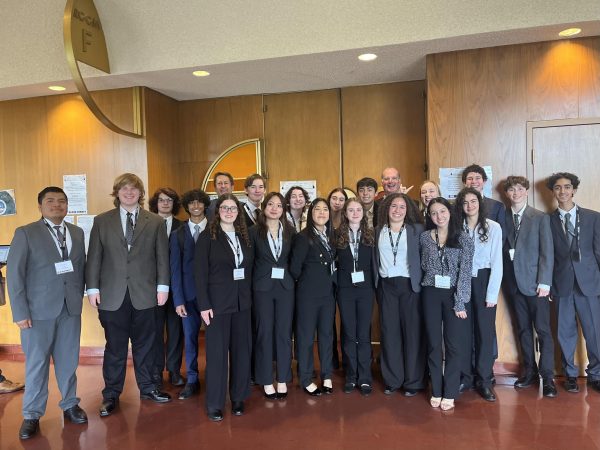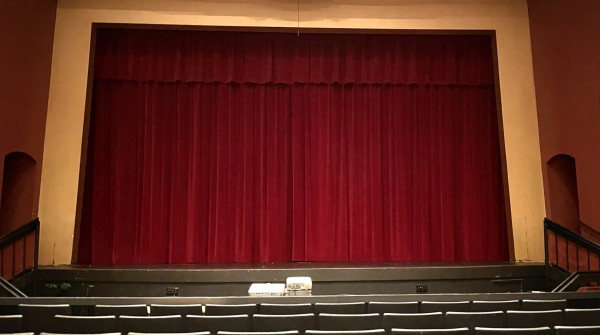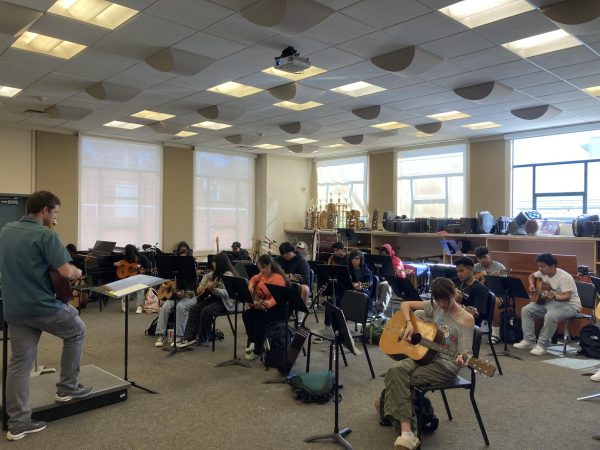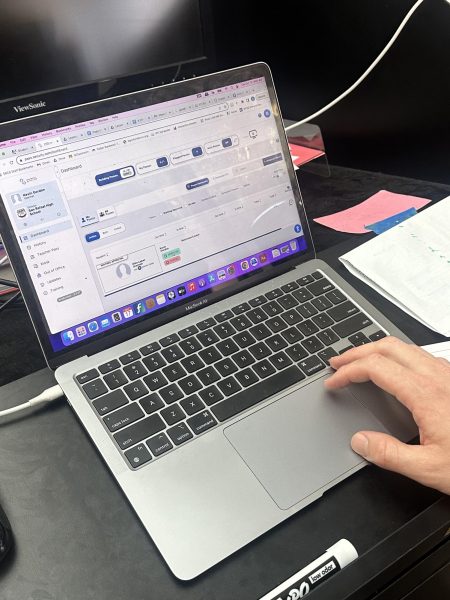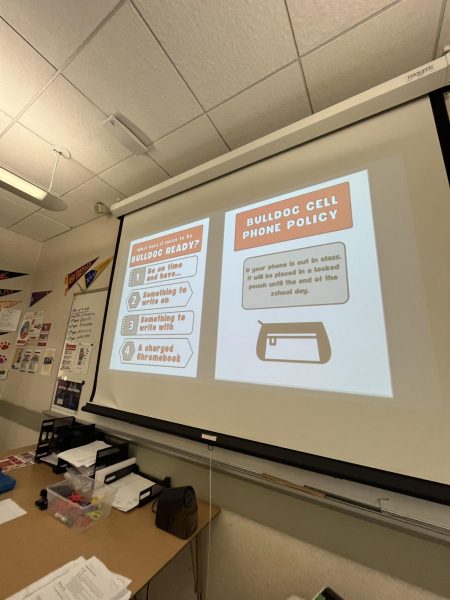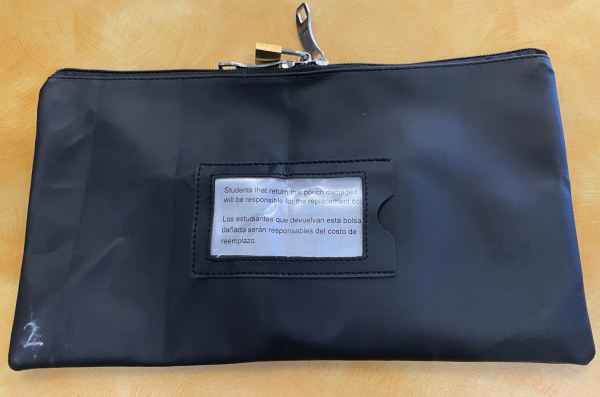Tardies Plague Second Semester Classes
March 15, 2019
Every day at San Rafael High School, there are students that are late to class. Whether it’s because of traffic, the bus system, or they were just too lazy in the morning, it will happen for the rest of the scholastic year.
J.C. Blecka, an SRHS senior went as far to say that he would, “rather show up to school late than early.” At this point in the second semester of senior year, many students have stopped caring about being on time. I talked to about 10 other seniors all who shared similar responses.
Another senior who wished to remain anonymous said, “I didn’t go to first period today.”
The main response that I gathered was a simple “no.”
The problem is not limited to students coming late in the mornings, but also after lunch and sometimes even after brunch. Some students have no sense of urgency when the bell rings. They do not feel as if it is important to get to class on time.
The rule for tardies is that if a student is consecutively tardy twice to the same class in one week, they get detention. The other way to get detention is to have five tardies in one week from any class. Past 30 minutes then becomes an unexcused absence.
However, some students have realized that there is a way around this tardy system. What they will do is show up late to four classes of the week and show up on time or skip the last day to avoid getting detention.
Students can finesse the system and rack up a large amount of tardies with almost no punishment. This can be attributed to lenient teachers and a rule that does not work well.
If a student walks into a class late they become a distraction. Their arrival takes away from the other students learning time. This also affects the teacher because they then have to reteach the material.
Eric Wasserman, a broadcast reporter feels that showing up late is “disruptive for other students an the teachers.” However, he feels that tardiness should not affect a students grade in the class.
He argues that, “then you’ll almost have incentive to not go at all and get it excused, so you end up missing out on learning.” Showing up late to class can have a worse effect than not showing up at all.
Mr. Simenstad said that he will lock the door after the bell to keep late students from interrupting his class. He does not want them to take away from the other students time for learning. He related this tactic to that of the teacher Mr. Hand from a movie he had watched called Fast Times at Ridgemont High.
Another teacher, Ms. Pikkarainen said that after the bell she will mark some students tardy if a student is not in their seat. She also said that if a student comes so late that they miss an assignment, often times she will not let them make it up.
Now there is a new addition to this system in the form of a tardy referral. This was implemented by Dr. Pitcher because teachers would complain that students kept showing up late and disrupting the class but nothing was being done.
The referral allows teachers to send a student to the office if they are late two times in one week to their class. Despite the complaint, it is not often used with only about six teachers turning them in regularly. Other teachers take it upon themselves to keep a student in during brunch or lunch if they are tardy.
One teacher that has used this tardy referral is Ms. Crome. After senior Nick Boulter was late two times she sent him to the office to get a detention.
In a text message he said, “(I) got a tardy twice this week and now I have detention. But when I skip class nothing happens, so if I am late it is better to not show up.”
The detention is meant to show the students that coming late is not worth staying after school for a hour. For many students, this is enough to get them back on track as far as showing up on time.
Dr. Pitcher explained, “Per California Education Code, we can’t suspend or do anything more than detention.” Sometimes students do not even show up to detention. This makes the administrators find other ways for them to serve the time like going to the office for brunch and lunch.
Not showing up to detention twice can led to and in house suspension. Sometimes though if a student comes in with a note to excuse their absence, they will get a third detention. This means that a student sits in the main office and misses their classes.
Detention is meant to change the students behavior. It shows the student that being late is not worth staying after school.
“I just like to wake up a little bit later…I’m lazy,” said senior Nilo Benicio. Many seniors are starting to feel that school is not very important. They feel as if it does not matter to them.
This is part of the problem. Students not caring make it difficult for the teacher to teach.
There are expectations within the school that the teachers will come to teach and that the students will come to learn. This access to free public education can be taken for granted. The carelessness of students hurts the other’s ability to learn.

